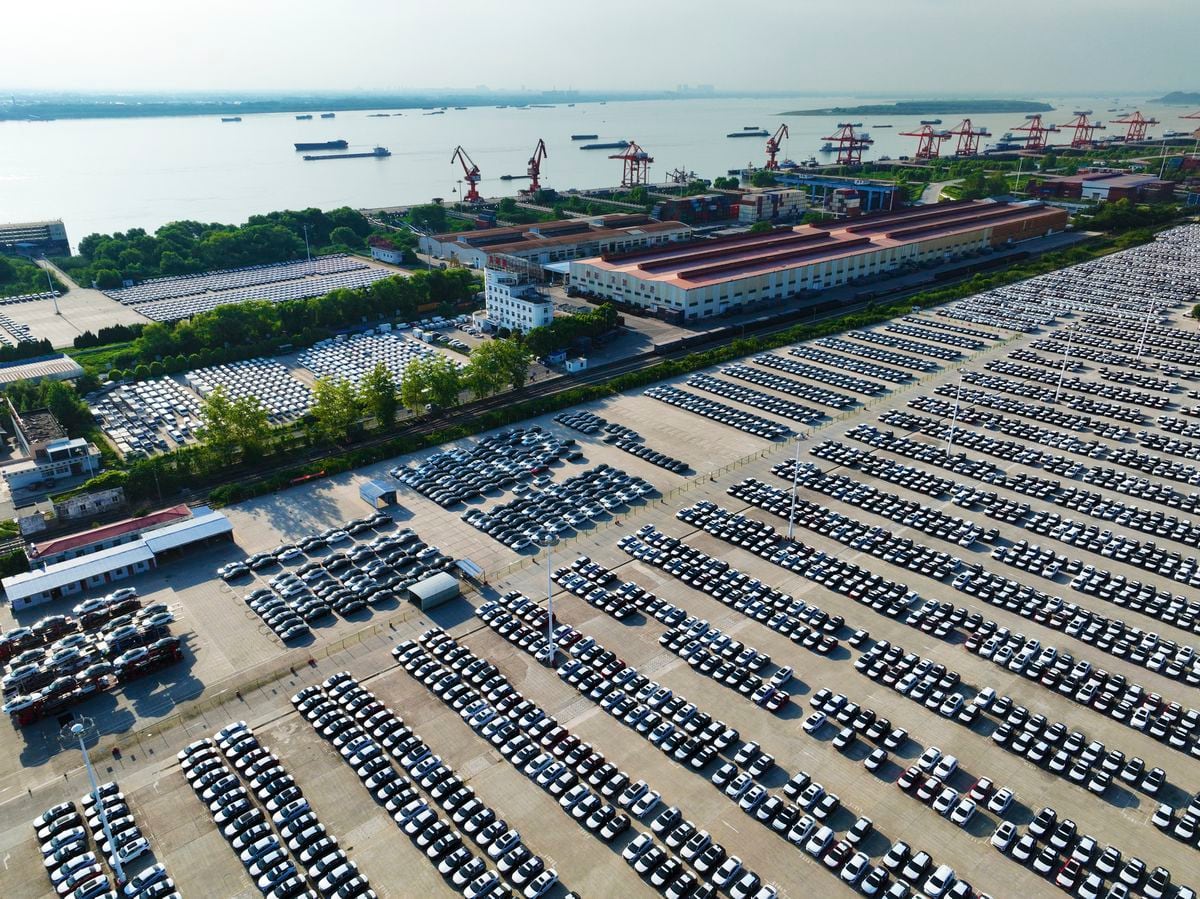The figures speak for themselves: in Europe, one in eight vehicles purchased in 2022 was electric (in the U.S., one in seven), while in China, EVs accounted for 25% of total car sales during the same period.
Why the sudden jump from fractions to percentages, right at the point a clear comparison was supposed to be made?
- 1/8 = 12.5%
- 1/7 = 14.2%
- 1/4 = 25%
This article is also suspiciously heavily pro-Chinese. It amplifies the significance of government subsidies to buyers of EV’s, while ignoring the fact that most other governments have provided similar subsidies. It reads as if it’s trying to encourage investment in China, while stopping short of discussing the kind of leverage China would hold over foreign investors (or even local investors).
It also skirts around the fact that the main reason China is so prominent in the EV market, both locally and internationally, is because Tesla’s biggest factory is located in China. That information is there in the article, but repeatedly downplayed.
I decided to do some digging into Elpais and turns out your hunch is VERY warranted. They receive a majority of their funding from China affiliated and Pro-China political groups.
Is this a different publication than Spanish El País? El País in Spain is like the Washington Post or maybe The Observer in the UK. What funding do they get from China?
Not saying you’re wrong. There’s plenty of weird funding sources in legacy media. WaPo is funded by Jeff Bezos now. I just always thought of El País as a non-controversial Spanish newspaper.
I said affiliated. Pedro Sanchéz is well known to be highly buddy buddy with Xi Jinping

The political group (Nowadays a composite group) Elpais gets their money from has been overall intensely pro CCP in their approach. I hope this clears up what I mean.
It also skirts around the fact that the main reason China is so prominent in the EV market, both locally and internationally, is because Tesla’s biggest factory is located in China.
Tesla’s aren’t really the go-to EV locally in China. BYD is mostly the go-to and they’re even starting to overtake Tesla internationally as well.
Everything overtakes Teslas. Big deal
The article might be biased but there is a kernel of truth in it, in Germany they are slowly starting to panic that they missed the boat on EVs. 20% of their economy is directly or indirectly dependent on the car industry, thus far they spend most of their efforts lobbying against any regulation disincentivizing combustion engines in Germany and the EU. German politics should have had the foresight that if Germany wasn’t gonna make EVs someone else would.



